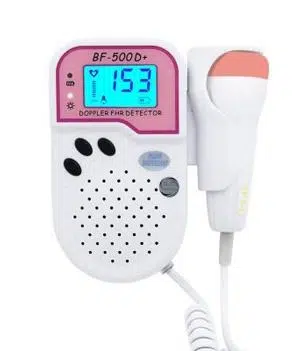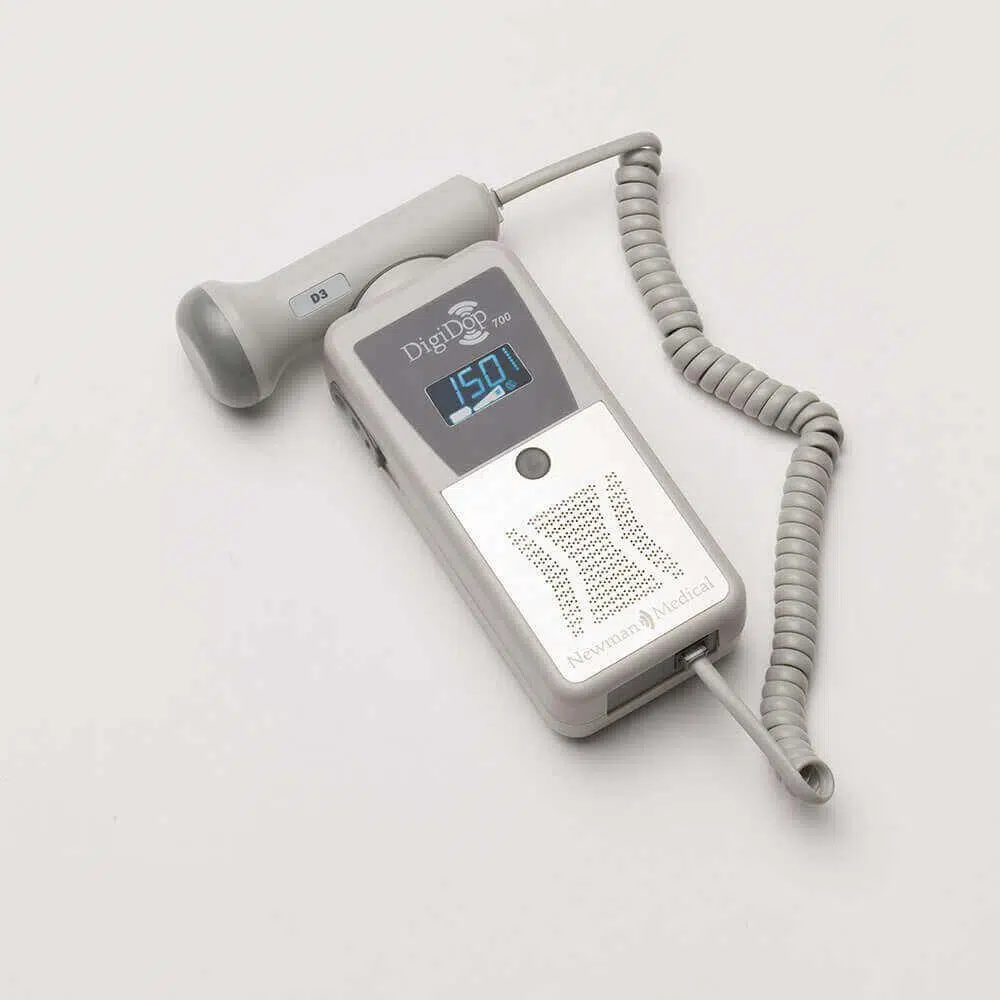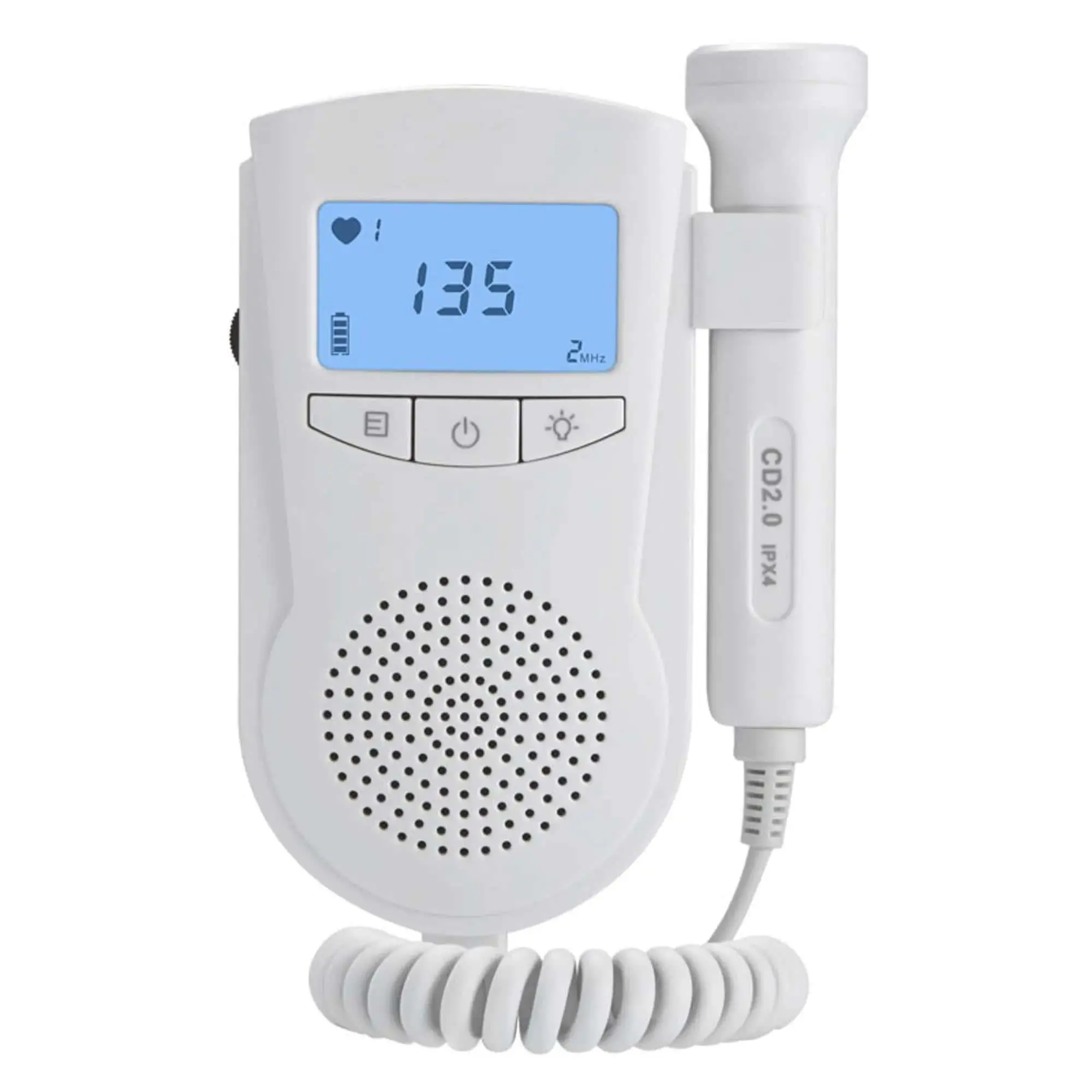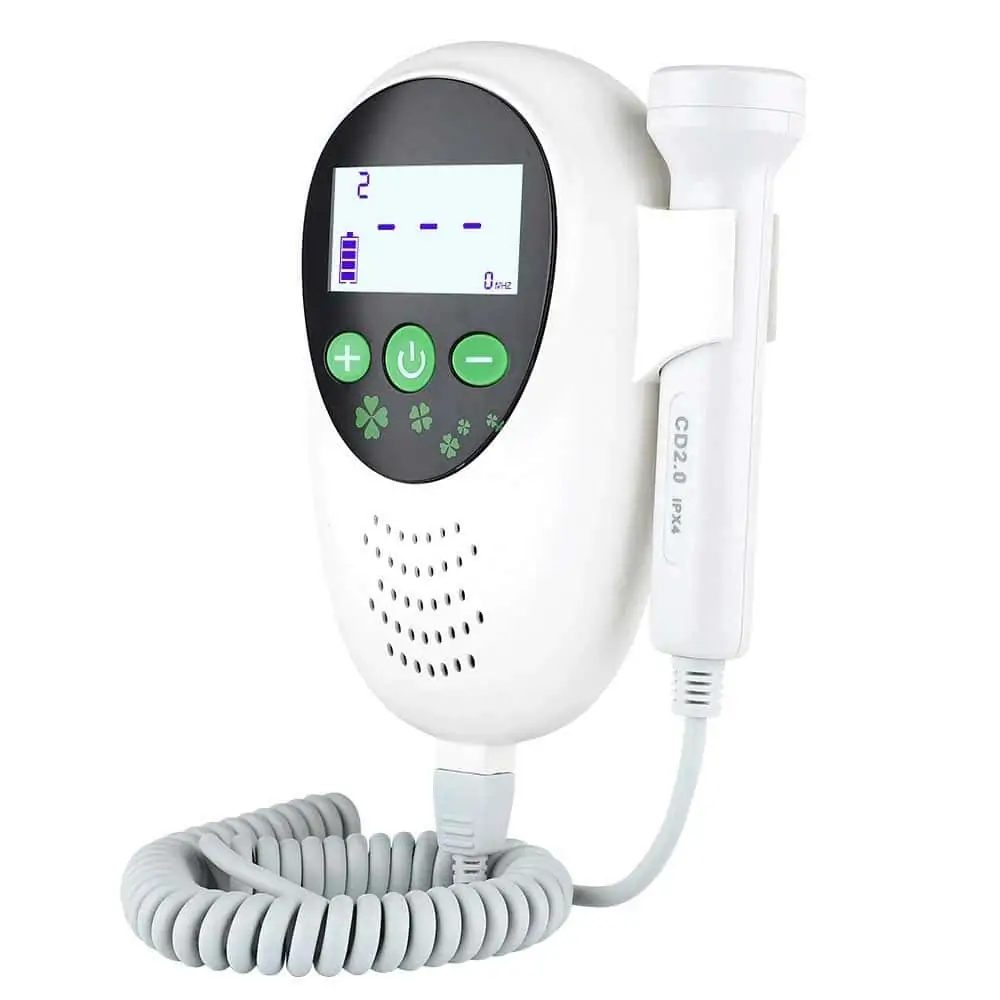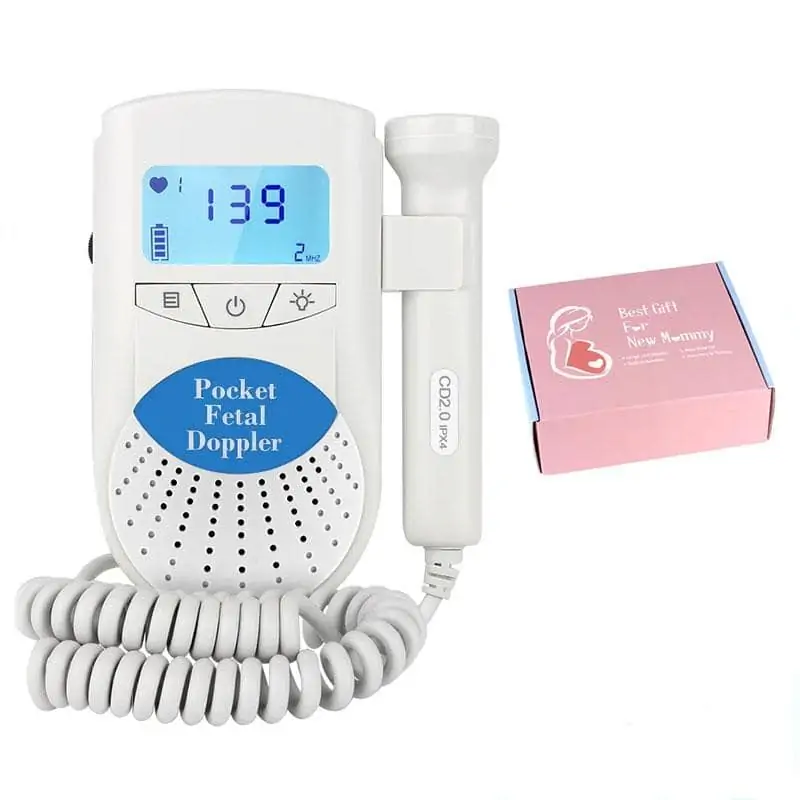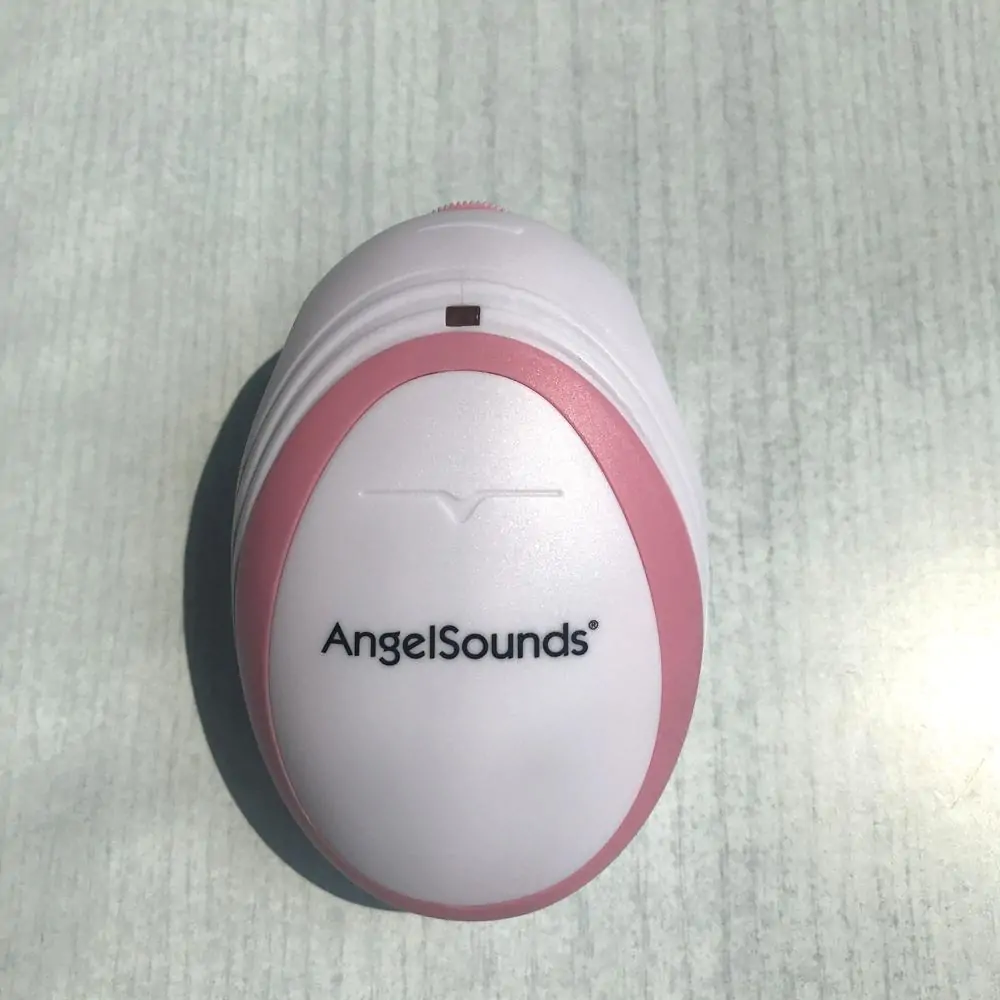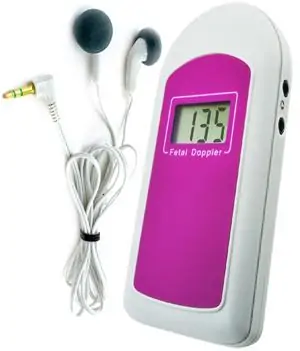Medical Fetal Doppler: A Thorough Guide Leave a comment
Medical Fetal Doppler
Introduction to Medical Fetal Dopplers
Expecting parents are often overwhelmed with emotions and questions about their baby’s health. One tool that has revolutionized prenatal care is the medical fetal doppler. This non-invasive device allows you to hear your baby’s heartbeat at home, providing peace of mind and fostering a deeper bond during pregnancy. In this article, we will delve into the benefits, uses, practical tips, and real-life experiences associated with medical fetal dopplers, ensuring you have a comprehensive understanding of this remarkable technology.
What is a Medical Fetal Doppler?
A medical fetal Doppler is a handheld ultrasound device that uses sound waves to detect and amplify the fetal heartbeat. Typically used by healthcare professionals, these devices have become increasingly available for home use, allowing parents to engage with their unborn child’s heart activity outside the clinical setting.
how Does It Work?
The fetal Doppler works on the principle of Doppler ultrasound. Here’s a brief explanation:
-
- Sound Waves: The device emits high-frequency sound waves, which bounce off the moving fetal heart.
-
- Signal Processing: The reflected waves are captured and processed, transforming them into audible sounds.
-
- Output: The device then amplifies the heartbeat sound, enabling the expectant mother and father to listen in.
Benefits of Using a Medical Fetal Doppler
1. Early Detection of Fetal Heartbeat
Listening to the fetal heartbeat can occur as early as 8-10 weeks into pregnancy, providing an early reassurance for parents.
2. Comfort and Bonding
Hearing your baby’s heart is frequently enough an emotional experience. It fosters a connection that can enhance the overall pregnancy experience.
3. Monitoring Fetal Health
Though fetal Dopplers are not a substitute for medical examinations, they can help in monitoring the baby’s health at home. Any irregularities detected can prompt timely medical consultation.
4. Ease of Use
Medical fetal Dopplers are typically user-pleasant. Most models come with simple instructions, allowing parents to use them effectively at home.
Practical Tips for Using a Medical Fetal Doppler
Using a medical fetal Doppler can be a delightful experience, provided you approach it with some tips in mind:
1. Choose the Right Time
-
- Optimal Timing: The best time to use a Doppler is when you’re relaxed, usually in the evening.
-
- Gestational Age: Optimal detection usually occurs after 12 weeks of pregnancy.
2. Prepare the Area
-
- Surroundings: Find a quiet space with little background noise for effective sound detection.
-
- Gel Application: Use ultrasound gel to help create a better acoustic connection, promoting clearer sound results.
3. Know What to Expect
-
- Variations in Heartbeat: Understand that fetal heartbeat can vary; normal ranges are typically between 120-160 beats per minute.
-
- Positioning: Move the doppler around your belly; sometimes the heart is located in diffrent positions.
4. Don’t Overuse it
While it’s tempting to use the device frequently enough, moderation is key to avoid unneeded anxiety if the heartbeat is not detected promptly.
Case Studies: Real-Life experiences with medical Fetal Dopplers
Case Study 1: Early Detection and Peace of Mind
Lily, a first-time mother, was anxious about her pregnancy. At her first doctor’s appointment, the healthcare provider used a fetal Doppler, allowing her to hear her baby’s heartbeat. The experience eliminated her worries and reassured her that everything was on track.
Case Study 2: Monitoring Between Appointments
Sara, who was experiencing a high-risk pregnancy, opted for a medical fetal doppler at home. This enabled her to monitor her baby’s heartbeat between doctor visits. When she noticed a decrease in the heartbeat, she promptly contacted her provider, leading to immediate intervention, which positively affected the pregnancy outcome.
Table: Comparison of Popular Medical Fetal Dopplers
| Brand | Features | price Range |
|---|---|---|
| Womb Music | Bluetooth connectivity, recording feature | $50 - $100 |
| Sonoline B | Large LCD display, headphone jack | $40 - $70 |
| Bellabeat | Smart technology, app integration | $120 – $150 |
Common Concerns and Misconceptions
1. Safety Concerns
Many expectant parents worry about the safety of using a Doppler at home. The general consensus among health professionals is that when used properly, the device is safe for occasional use. Though, it should never replace regular medical appointments.
2. Misinterpretation of Heartbeat
New users may misinterpret sounds or frequencies, leading to anxiety. It’s essential to note that various sounds can emanate from the body during pregnancy, including the mother’s heartbeat and other vessels.
Conclusion
A medical fetal Doppler is an invaluable tool for expectant parents to connect with their unborn child. With its ability to offer early detection of the fetal heartbeat and enhance parental bonding, many families find it reassuring.
By understanding how to use the device effectively and engaging with it at appropriate times, parents can enjoy this unique aspect of pregnancy. Remember, while a fetal Doppler can increase peace of mind, it is crucial to maintain regular consults with your healthcare provider for comprehensive prenatal care.
Explore the magic of your baby’s heartbeat with a medical fetal Doppler, and cherish every moment of this amazing journey to parenthood!







